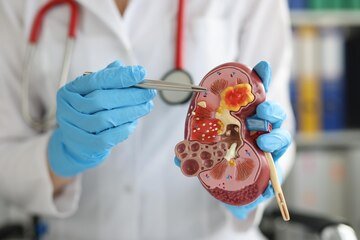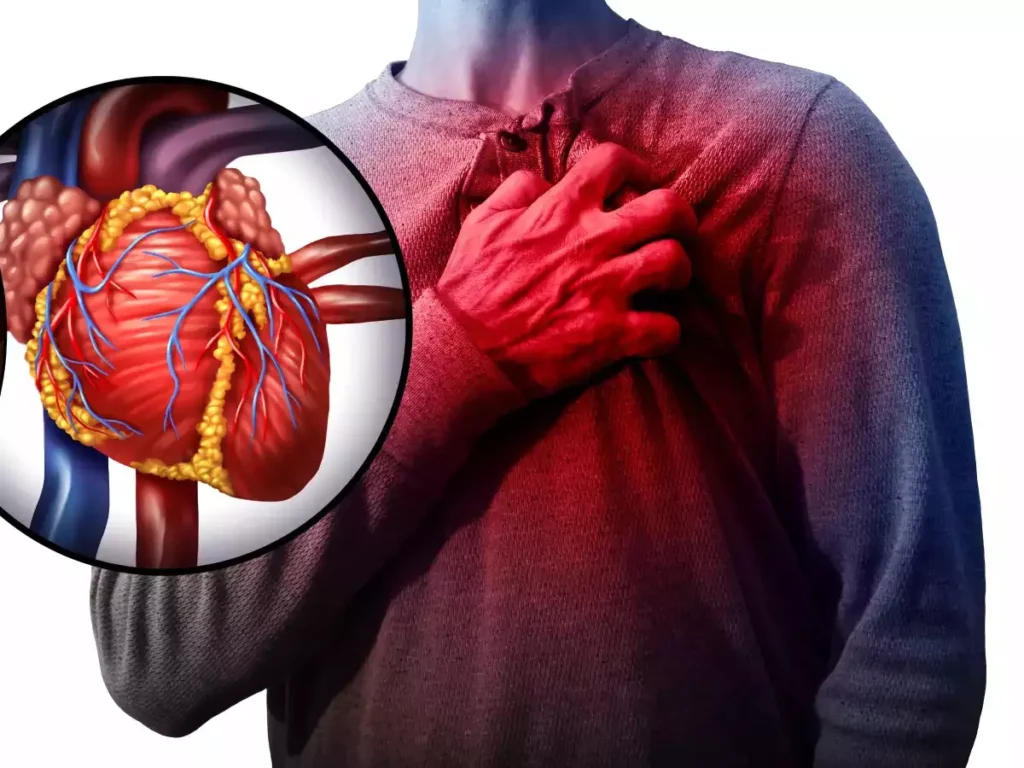Managing Chronic Kidney Disease (CKD) During Hot Weather
Chronic Kidney Disease (CKD) is a serious medical condition where the kidneys gradually lose their ability to function effectively. Managing CKD can be challenging, especially during hot weather, when the body faces an increased risk of dehydration and other complications. If you or a loved one is living with CKD, it is essential to take extra care during summer months to maintain kidney health and overall well-being. Why Hot Weather is Risky for CKD Patients During hot weather, the body loses fluids rapidly through sweating, increasing the risk of dehydration. For people with CKD, dehydration can strain the kidneys and worsen existing damage. Some medications used to manage CKD can also increase sensitivity to heat, making it vital to adopt preventive measures. Common Risks for CKD Patients in Summer: Dehydration: Reduced fluid levels can increase the risk of kidney failure. Electrolyte Imbalance: Sweating leads to loss of essential minerals like sodium and potassium. Blood Pressure Fluctuations: Heat may affect blood pressure, which is critical to monitor for CKD patients. Increased Toxin Build-Up: Reduced kidney function makes it harder to remove toxins, which can accumulate more quickly in hot weather. Tips to Manage CKD During Hot Weather 1. Stay Hydrated Maintaining proper hydration is crucial for kidney health. However, CKD patients must balance fluid intake carefully to avoid overloading their kidneys. Drink small amounts of water consistently throughout the day. Avoid sugary drinks and caffeinated beverages, which can dehydrate you. Follow your doctor’s guidance on fluid limits tailored to your condition. 2. Monitor Your Diet Diet plays a significant role in managing CKD, particularly during summer. Consuming the right foods can reduce the burden on your kidneys. Limit Sodium Intake: Reduce processed and salty foods to avoid fluid retention. Choose Kidney-Friendly Fruits: Opt for apples, berries, and pears over high-potassium fruits like bananas and oranges. Control Protein Consumption: Avoid excessive protein intake to prevent overworking your kidneys. 3. Avoid Heat Exposure Prolonged heat exposure can worsen CKD symptoms and trigger complications. Stay indoors during peak heat hours (12 PM to 4 PM). Wear light, breathable clothing and use sunscreen when outdoors. Keep your living space cool with fans or air conditioning. 4. Regular Monitoring and Medication Adherence Consistent monitoring and following prescribed medications are vital for managing CKD. Schedule regular check-ups with a kidney specialist. Track blood pressure and blood sugar levels regularly. Never skip medications and consult your doctor about any side effects. 5. Recognize Warning Signs Be alert to any signs that may indicate worsening kidney health. Symptoms to Watch For: Swelling in the legs or face Unexplained fatigue or dizziness Reduced urination Nausea or confusion Importance of Early Intervention Early diagnosis and timely intervention are crucial to slowing the progression of CKD. By working closely with a qualified nephrologist, patients can maintain their quality of life and reduce the risk of complications. Visit here…. Why Choose Innocent Hearts Superspeciality Hospital? Expert Care: Led by Dr. Prateek Kaushal, a seasoned nephrologist specializing in kidney disorders. Advanced Facilities: State-of-the-art diagnostic tools and treatment options. Comprehensive Support: Personalized patient care, dietary counseling, and ongoing monitoring. Conclusion Managing Chronic Kidney Disease (CKD) during hot weather requires proactive measures to prevent complications. Staying hydrated, monitoring your diet, avoiding heat exposure, and regular check-ups are vital steps to protect kidney health. If you or a loved one needs specialized kidney treatment in Jalandhar, trust Innocent Hearts Superspeciality Hospital and the expertise of Dr. Prateek Kaushal. Call us at 0181-2355200 to book your appointment and receive advanced care for managing CKD effectively.












